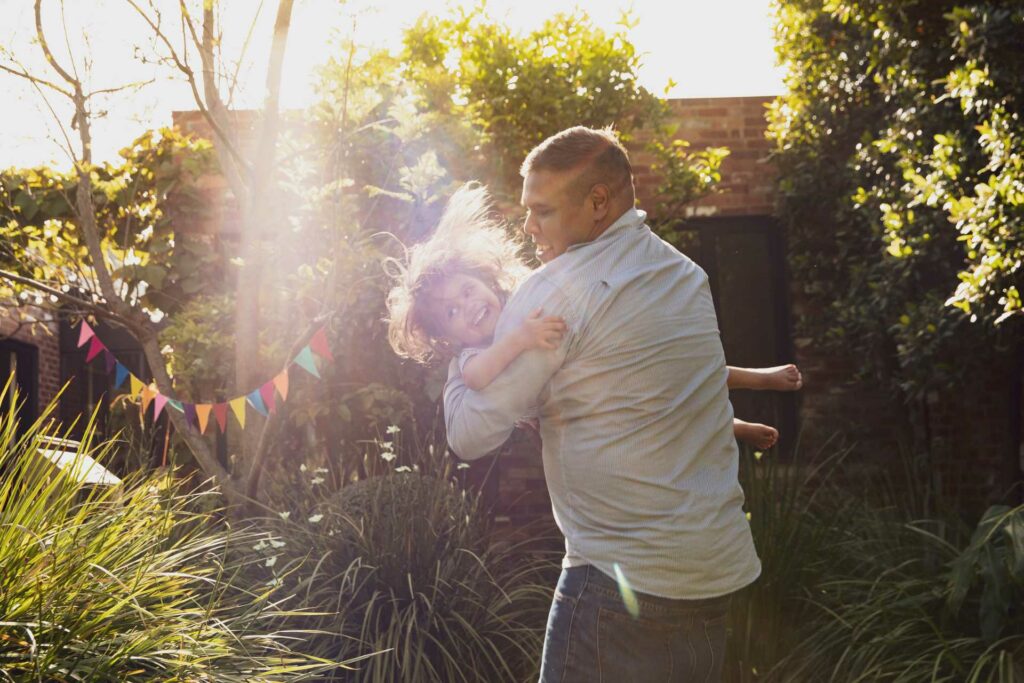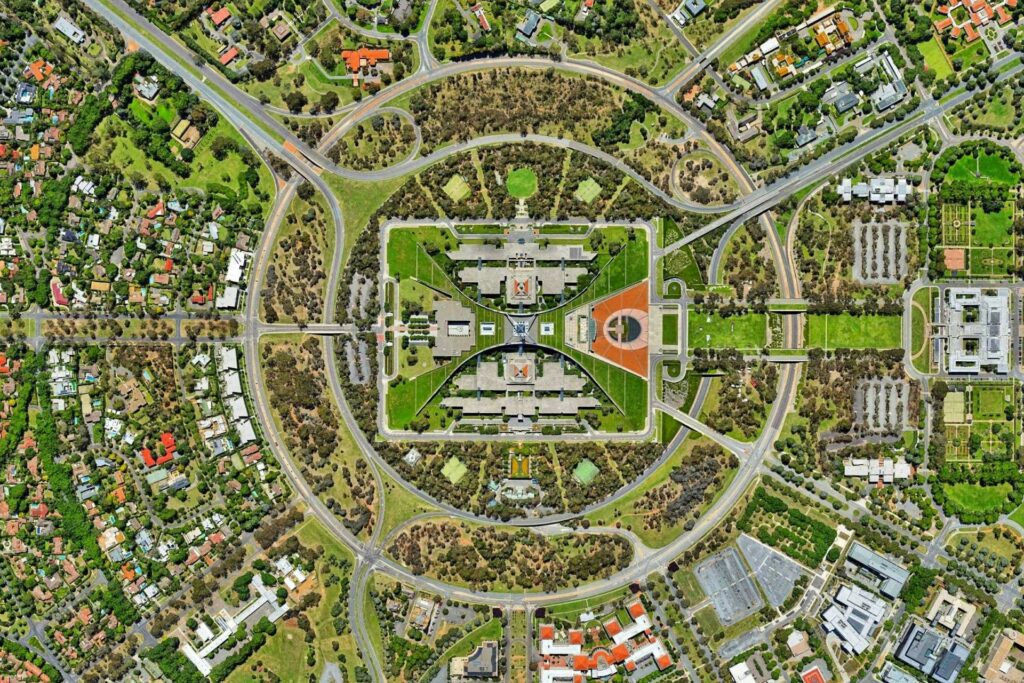I’ve always loved working through January. I usually fill my days with the thinking, reading and writing I never get to when the year is in full swing; and my evenings with the Sydney Festival or the beach or other summer activities. Even in the pandemic, I still feel energised by the Sydney summer air. And traditionally, I’ve looked forward to the bonus of a public holiday at the end of the month, as 26 January approaches.
Not this year. In 2022 I will be working on 26 January. This year, I am acting on my personal commitment to change the date; to move the celebration of this nation from the date that marks the first day British ships arrived in what we now call New South Wales.
For as long as I can remember, I have recognised January 26th as marking the invasion of this country by white colonial settlers. Often I begin the day by attending the WugulOra morning ceremony at Barangaroo, ‘a sacred and reflective start to Australia Day’ celebrating the Gadigal people of the Eora nation on whose land I live and work; or by attending the Yabun festival in Victoria Park, celebrating the survival of Aboriginal cultures and identity, or both. But even observing 26 January as ‘invasion day’, I have still taken the public holiday.
I no longer feel like this is an acceptable compromise on this day. I can’t take a day off work and offset the ongoing impacts of dispossession on Australia’s First Peoples by showing up to a couple of events, as important as those events are.
Nor can I wait for political leadership to address this. Aboriginal and Torres Strait Islander people have been leading the call to change this date and we, as communities, as civil society and as employers, need to support the momentum they have created to fix this injustice. As a non-Indigenous leader of a non-Indigenous organisation, I can take a stand in support of a truthful and just recognition of our nation’s history.
While every staff member has the discretion to decide how they approach 26 January, previously I have offered staff in my organisation the opportunity to work on 26 January and to nominate an alternative date on which they can observe Australia Day. This year I have shared my own commitment to doing this. I have also registered my support as an employer with ChangeItOurselves. I have shared what I am doing with my staff to send a clear message of encouragement about the importance of this issue for us as an organisation, as well as individually. As one colleague commented, ‘it feels like a small, but meaningful way I can express my strong desire for equity for all First Nations people of Australia.’
I lead a small team and this is a small step but it is an important one. It represents my personal and our organisation’s continued commitment to self-determination for Australia’s First Peoples and to the responsibilities we hold as a non-Indigenous organisation to work alongside and stand behind Aboriginal and Torres Strait islander communities.





